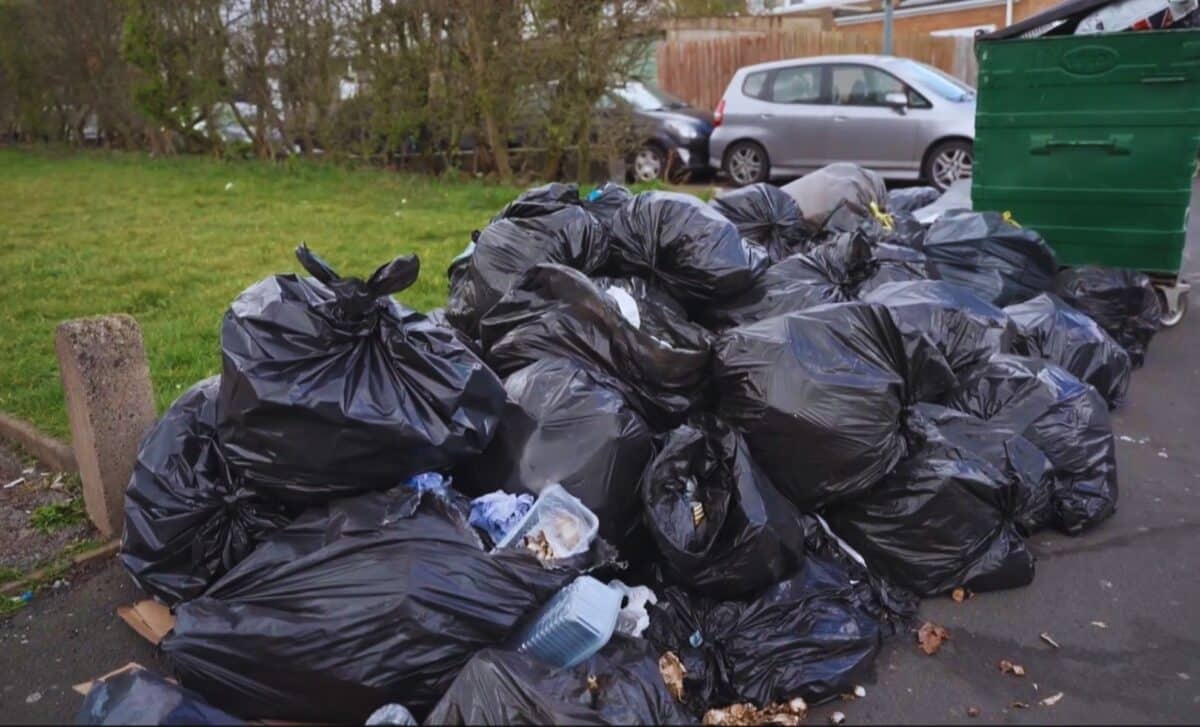Birmingham’s ongoing bin strike, which has seen thousands of tonnes of uncollected waste fill the streets of the UK’s second-largest city, has led to the mobilisation of British Army planners to assist the local council.
The strike, which began on 11 March, has raised significant public health concerns, prompting a response from both the government and military authorities.
The bin workers, members of the Unite union, have been on strike for over a month following a dispute over pay and job cuts, particularly concerning the planned removal of higher-paid waste recycling and collection roles.
With over 17,000 tonnes of waste now scattered across Birmingham, the local council has been struggling to manage the crisis, forcing them to declare a major incident.
Military planners have been called in to offer logistical support, though soldiers will not be involved in waste collection itself.
Army Assistance in the Rubbish Crisis
In response to the mounting crisis, the UK government has deployed a small number of office-based military personnel with expertise in operational planning to assist Birmingham City Council.
This decision follows growing concerns about public health risks, as uncollected rubbish continues to accumulate in the streets. According to a government spokesperson, this intervention builds on earlier efforts, such as the provision of additional vehicles and crews from neighbouring authorities.
The military’s role is strictly administrative, providing essential logistical support to help streamline the response. The army’s involvement is seen as a temporary measure, aimed at easing the burden on local authorities as they continue to manage the public health risks posed by the strike.
Despite the army’s support, refuse collection remains a responsibility for local workers, with the strike set to continue until a resolution is reached.
The Strike’s Impact on Public Health
The scale of the bin strike’s impact on public health has been a focal point of discussions between the government, the council, and the Unite union. The rising piles of waste have led to reports of increased rat and cockroach activity, with pest controllers seeing a significant rise in callouts.
The smell of decaying refuse has further exacerbated concerns, with some residents reporting that they have stopped taking their bins out altogether due to the overwhelming stench.
The ongoing crisis has sparked a political debate, with Labour figures, such as Deputy Prime Minister Angela Rayner, urging the striking workers to accept an “improved” deal to end the industrial action.
Unite General Secretary Sharon Graham, however, has argued that the dispute is about the loss of wages for lower-paid workers and not simply about pay increases.









